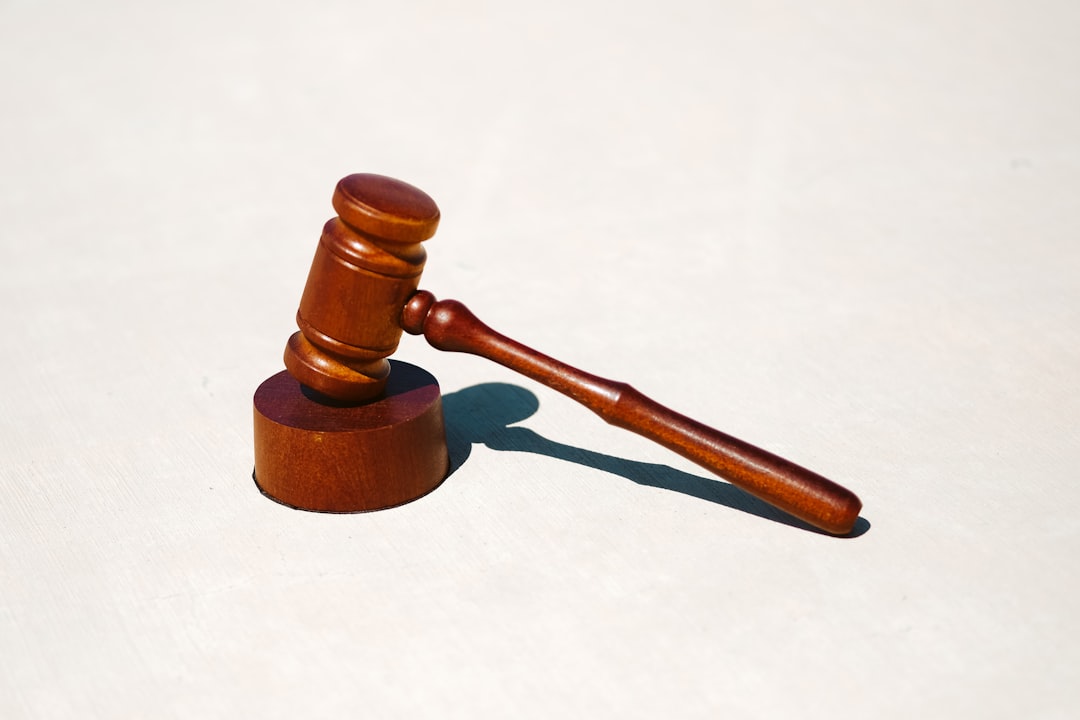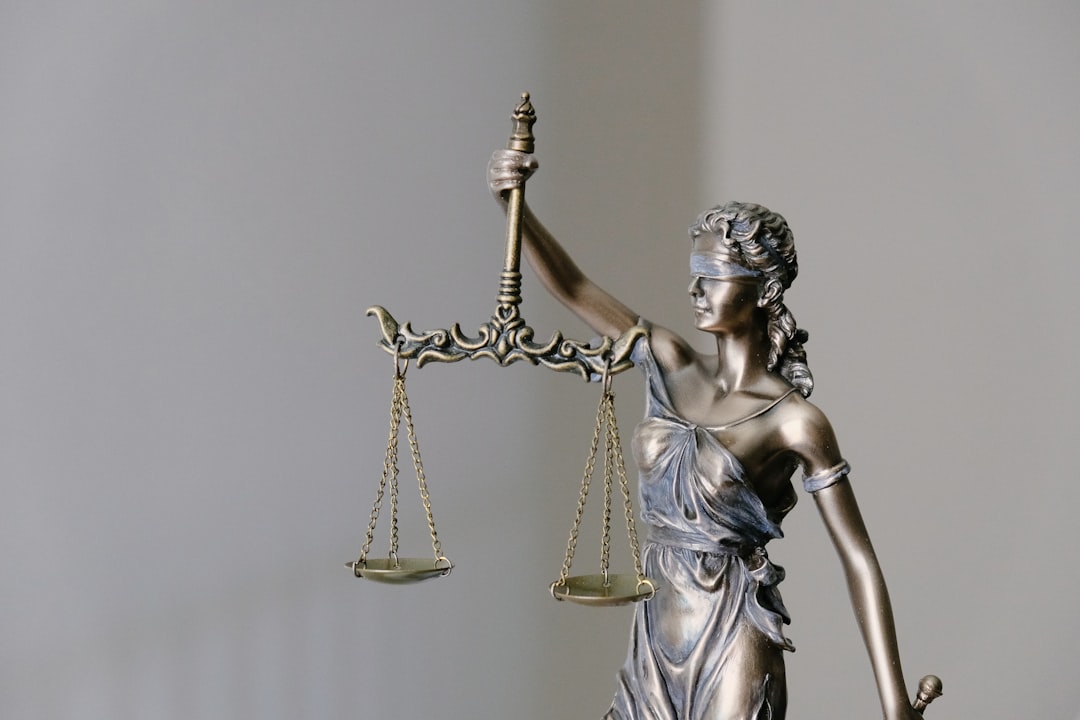In Florida, educators are legally obligated to recognize and report potential child abuse cases. With the help of specialized training programs and guidance from child abuse lawyers/attorneys and child abuse law firms in Florida, teachers learn to identify physical, emotional, and sexual assault signs. These legal experts clarify state laws, empowering educators to take informed actions while maintaining confidentiality. By understanding the legal framework, educators prioritize the safety of Florida's youth. Effective training programs cover recognizing and reporting child abuse, dispelling misconceptions, and fostering open dialogue. Collaborative partnerships between schools and local law firms transform teacher training, creating a culture of vigilance against child sexual assault.
In Florida, educators play a pivotal role in identifying and reporting potential child abuse cases. Given the state’s warm climate and large population, it’s crucial for teachers to be equipped with the knowledge and skills to recognize signs of child abuse and neglect. This article explores comprehensive training programs designed to educate Florida educators about child abuse prevention from a legal perspective. From understanding relevant laws to debunking misconceptions, these initiatives partner with local law firms to ensure teachers are empowered to protect vulnerable children, leveraging the expertise of both child abuse lawyers and attorneys across the state.
Understanding Child Abuse Prevention: A Legal Perspective for Educators in Florida
In Florida, understanding and recognizing child abuse is not just a moral imperative for educators; it’s also a legal requirement. Child abuse lawyers in Florida emphasize that educators play a crucial role in identifying potential cases of abuse or neglect. With training programs designed to equip them with the necessary tools and knowledge, these professionals can navigate complex legal scenarios related to child welfare. By recognizing signs and symptoms, educators can report suspected cases to the appropriate authorities, ensuring the protection of children under their care.
A child abuse lawyer in Florida or a reputable child abuse law firm can provide valuable insights into the state’s laws and regulations regarding child protection. These legal experts help educate educators on the definitions of different types of child abuse, including physical, emotional, and sexual assault. They also guide teachers on the steps to take when confronting potential cases, ensuring they follow proper protocols while maintaining the confidentiality of all parties involved. Understanding the legal framework surrounding child abuse empowers educators to make informed decisions that prioritize the safety and well-being of Florida’s youth.
The Role of Educators in Identifying and Reporting Potential Child Abuse Cases
Educators play a pivotal role in identifying and reporting potential cases of child abuse, making them crucial allies in the fight against this heinous crime. In Florida, where there is a growing need for awareness and prevention strategies, educators are equipped with unique insights to recognize warning signs that may indicate child maltreatment. They interact with children daily, observing their behavior and well-being, which enables them to detect subtle changes or unusual patterns. From physical injuries and behavioral shifts to emotional withdrawal or sudden changes in academic performance, educators can spot potential red flags.
Training programs focused on child abuse prevention empower teachers and school staff with the knowledge and skills to handle such situations responsibly. These initiatives ensure that educators understand their legal obligations to report suspected abuse, as outlined by Florida’s child abuse laws. By reporting these cases, educators become catalysts for intervention, allowing law enforcement and child protective services to get involved and provide necessary support. The collective effort of educators, supported by specialized training and the expertise of child abuse lawyers and attorneys in Florida, can help protect vulnerable children and ensure their safety and well-being.
Effective Training Strategies for Florida's Teachers on Child Protection Laws
Effective training programs on child protection laws are imperative for Florida’s educators to ensure the safety and well-being of their students. These programs should be comprehensive, covering various aspects of recognizing and reporting child abuse and neglect. Interactive workshops, case studies, and role-playing scenarios can equip teachers with practical skills to identify potential red flags and take appropriate action. By participating in these training sessions, educators become crucial allies in the fight against child abuse, complementing the efforts of child abuse lawyers and attorneys in Florida who specialize in such cases.
The training should emphasize the state’s child protection laws and procedures, including reporting obligations and confidentiality rules. Teachers should be encouraged to ask questions and share their experiences, fostering a supportive environment for open dialogue about sensitive topics. Regular refresher courses can keep educators updated on legal developments and best practices, ensuring they remain vigilant in their roles as potential protectors of vulnerable children. Moreover, collaborations with child abuse law firms and local authorities can provide valuable insights and ensure educators are well-prepared to navigate the complex landscape of child protection.
Common Misconceptions About Child Abuse: Debunking and Educating for Prevention
Many misconceptions surround the topic of child abuse, hindering prevention efforts and support for survivors. It’s crucial to address these myths to ensure educators are equipped with accurate information. One common misconception is that child abuse primarily occurs within a family setting. However, this isn’t always true; abuse can happen anywhere, including schools and community organizations, where trusted adults may be involved.
Another false belief is that victims of child abuse often show obvious signs or tell someone immediately. In reality, many children struggle to disclose abuse due to fear, shame, or the power dynamic with their abuser. They might display behavioral changes or hints without directly discussing the issue. Educating educators about these nuances is vital for recognizing potential red flags and responding appropriately, especially when working with at-risk students who may need legal representation from a child abuse lawyer in Florida or support from child abuse law firms in Florida.
Collaborative Efforts: Partnering with Local Law Firms to Enhance Teacher Awareness
Collaborative efforts between educational institutions and local law firms can significantly enhance teacher awareness about child abuse prevention in Florida. By partnering with reputable child abuse lawyers and attorneys, schools can access specialized knowledge and resources to better equip educators with the skills to identify and report potential cases. These partnerships facilitate professional development programs that delve into complex legal aspects, ensuring teachers understand their roles and responsibilities when confronting child abuse or neglect.
Local law firms specializing in child abuse cases bring expertise in recognizing patterns, understanding legislative frameworks, and navigating the judicial system. They collaborate with educators to organize workshops, seminars, and training sessions tailored to Florida’s unique laws and regulations. Through these collaborative efforts, teachers gain valuable insights into how to handle sensitive situations, report suspicions, and support victims while adhering to legal protocols. Such partnerships are crucial in fostering a culture of vigilance and responsibility among educators in the fight against child abuse.






